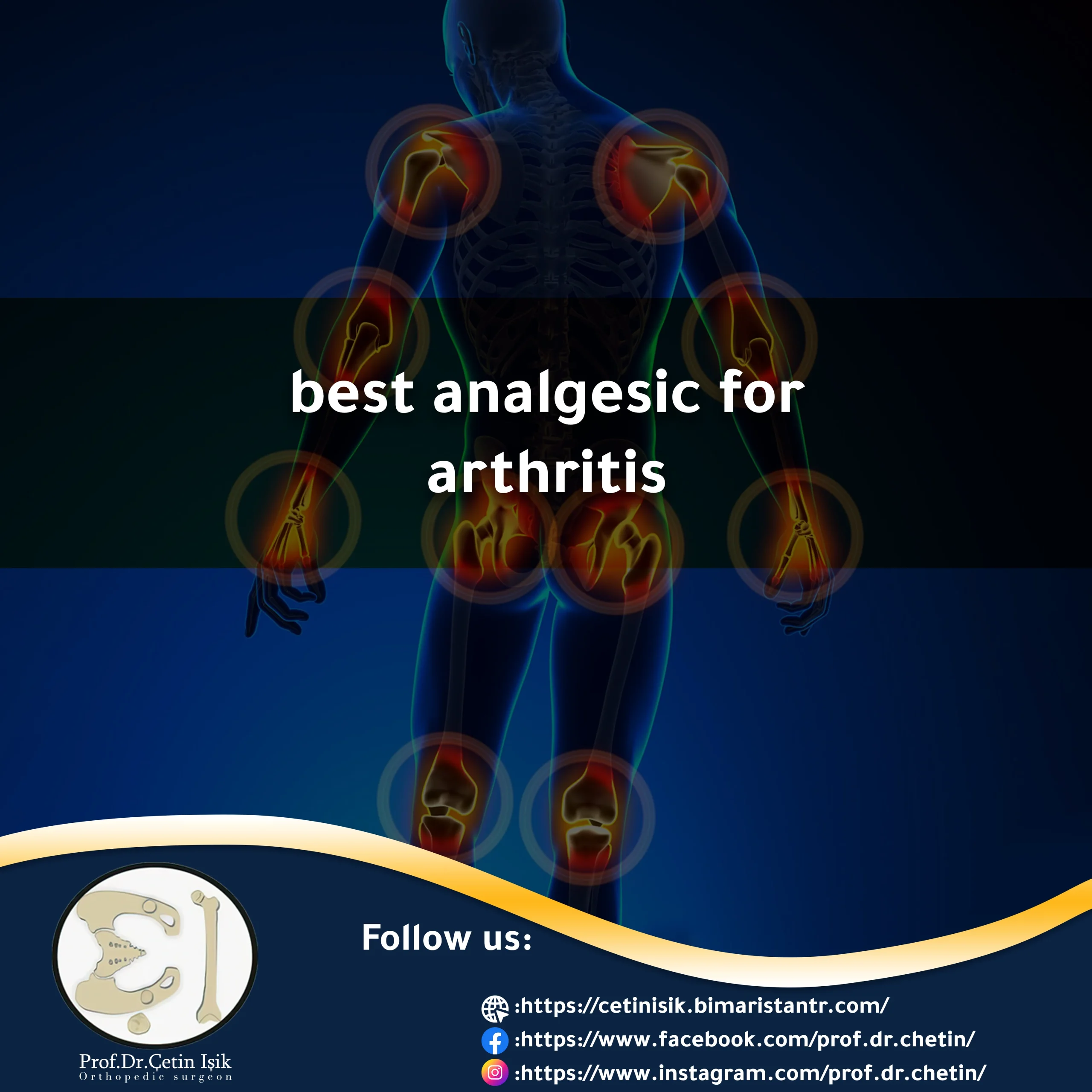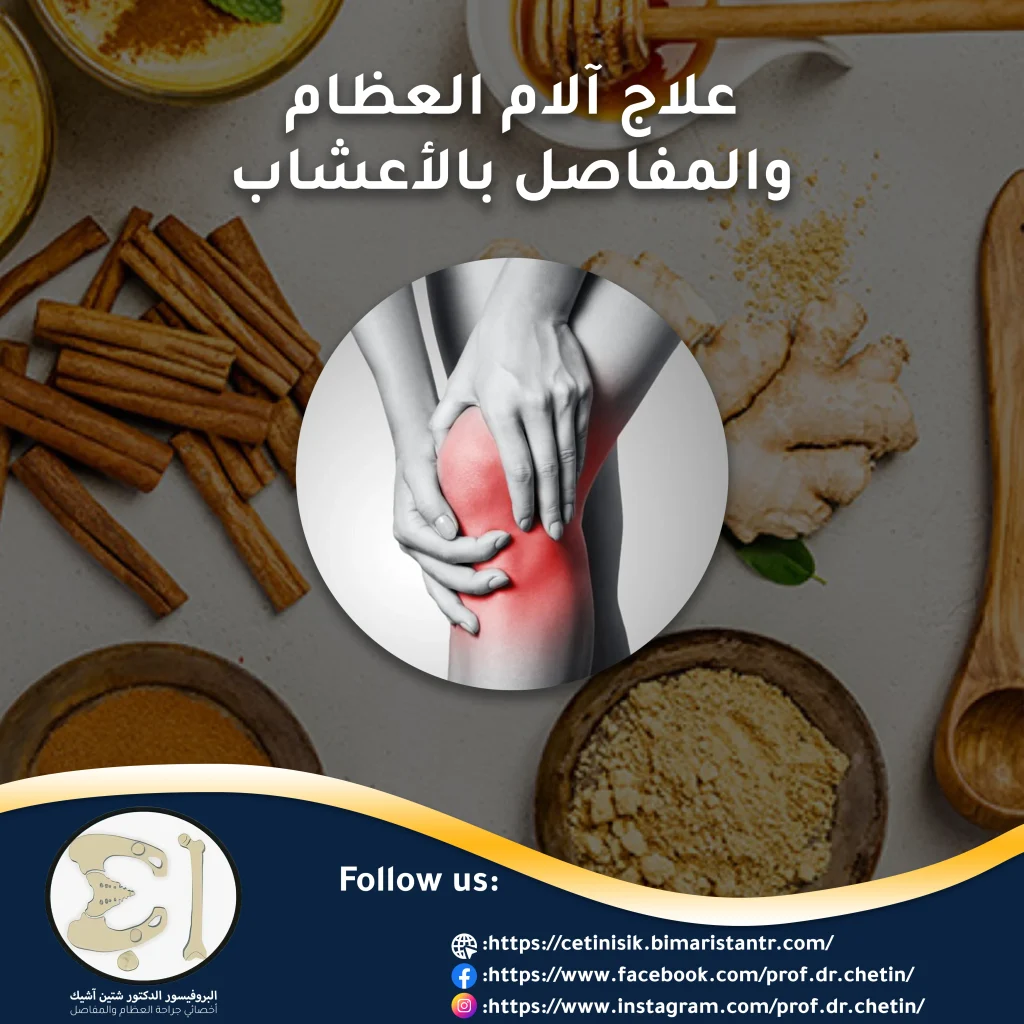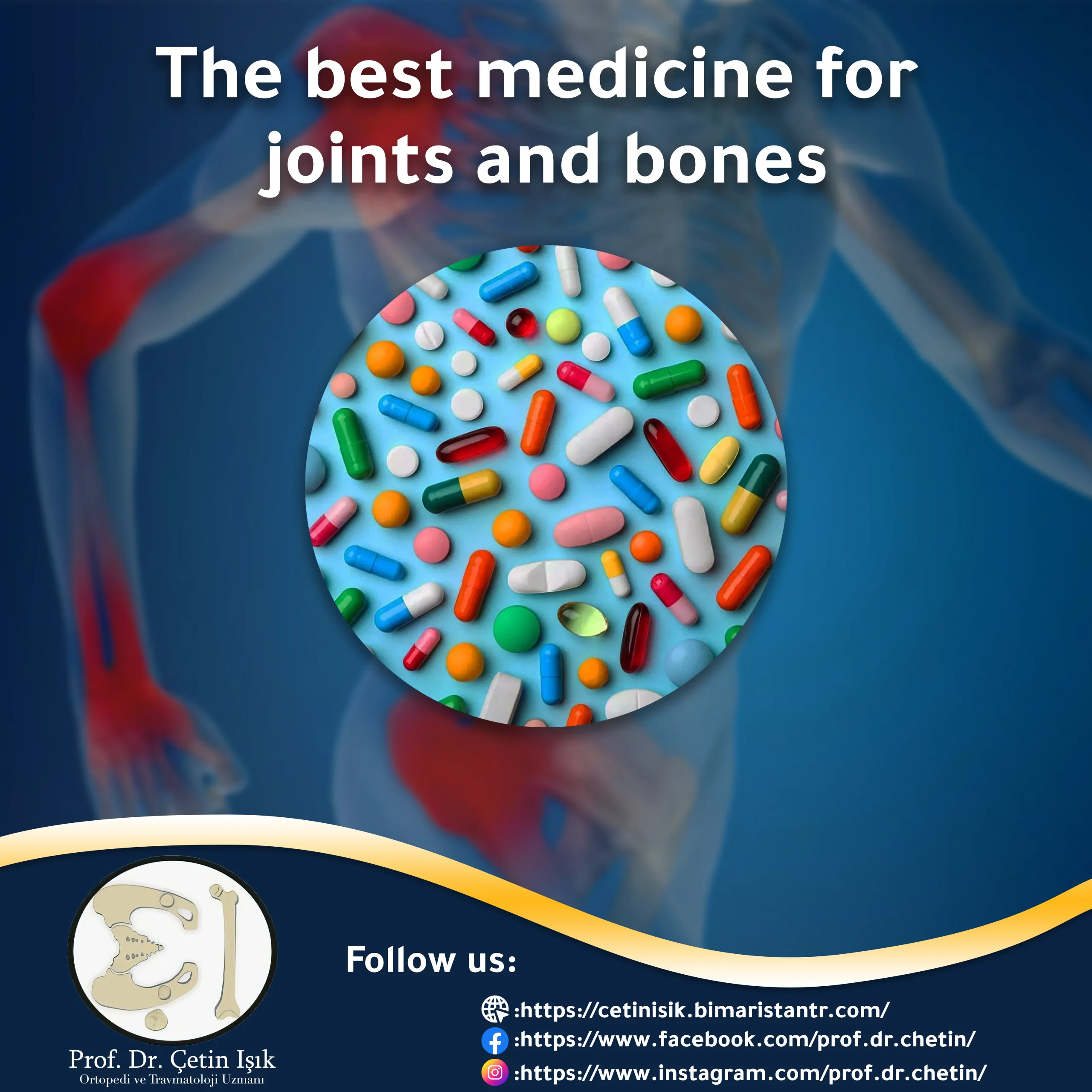The best pain reliever for arthritis is the intention for every patient who suffers from joint and bone pain, especially the elderly and those with chronic diseases. What is the best pain reliever for pain associated with arthritis?
How to choose the best pain reliever for arthritis
The term arthritis refers to a group of diseases that may affect a joint or the tissues around it and cause inflammation and swelling. These diseases include Osteoarthritis (Osteoarthritis), which is the most common type, in addition to Rheumatoid Arthritis, Gout, septic arthritis, and many other problems that cause joint inflammation.
Symptoms of inflammation vary from one case to another, but in most cases, they include joint pain and stiffness.
Although analgesics will not make the pain disappear completely, it reduces its intensity and allows the patient to carry out his daily activities. Many types are available. While some painkillers can be used without a doctor's prescription, a prescription is required for others.
Choosing the best pain reliever for arthritis depends on several different factors, the most important of which are:
- Disease causing arthritis
- Disease stage and severity of symptoms
- The general health of the patient
Natural pain relievers for joint pain
In some cases, natural painkillers are the best pain reliever for arthritis, as they provide many benefits with few or no side effects. Therefore, it is always recommended to use these treatments even when the patient is taking an analgesic. These methods include:
- Regular exercise, such as walking, swimming, and cycling, relieves joint pain and stiffness.
- Losing excess weight reduces pressure on the knee and hip joints, which helps relieve pain.
Some Nutritional Supplements are also used with joint pain relievers to relieve pain and inflammation, such as glucosamine chondroitin, vitamin D, and curcumin, but you should consult a doctor before taking them to avoid drug interactions. The total effect of these supplements is seen within 3 months of using them.
Acetaminophen is a joint pain reliever
Acetaminophen is an over-the-counter pain reliever. This medicine reduces pain but does not affect inflammation. Therefore, it is often used when there are health problems that preclude the use of NSAIDs.
The maximum dose of acetaminophen in adults is 4 grams daily, which should not be exceeded. Many medicines contain acetaminophen. Therefore, it is advised to check all the treatments the patient is taking to avoid overdoses and possible side effects of the drug.
Acetaminophen can be used for children and women who are pregnant or breastfeeding, but at the lowest possible effective dose and for the shortest period. It is not recommended to use the drug in patients with liver disease. Side effects of acetaminophen may include:
- Gastrointestinal bleeding
- Liver and kidney damage
- Cardiovascular disease
- Allergic reactions
Non-steroidal anti-inflammatory drugs (NSAIDs).
NSAIDs can be the best pain reliever for osteoarthritis and many other types. These medications effectively reduce pain, inflammation, and swelling by inhibiting the production of prostaglandins in the body.
These drugs are divided into two groups, one of which can be used without a prescription, and includes ibuprofen, while the other can only be taken after a doctor’s prescription and is the most effective and includes:
- Celecoxib
- Diclofenac
- Piroxicam
- Indomethacin
- Naproxen
Aspirin can be used to treat mild or moderate joint pain, and it is one of the types of NSAIDs known for its anticoagulant effect.

Side effects of NSAIDs
Although anti-inflammatories are effective in relieving pain, they should only be used when needed and under the permitted doses. Taking many of these drugs permanently may negatively affect the digestive system because they reduce the production of prostaglandins responsible for protecting the stomach wall from stomach acid, increasing the risk of stomach infections and bleeding.
Most doctors recommend taking medications to reduce stomach acid during treatment to overcome this problem.
In addition, NSAIDs may increase the risk of heart attack, stroke, kidney disease, or high blood pressure, especially in the elderly, when the drug is used in a high dose or for a long time, or when a drug to prevent blood clotting is taken concomitantly.
Topical pain relievers
A topical cream, ointment, or patch may be the best pain reliever for arthritis when the disease affects small joints, such as the knuckles. These products contain NSAIDs, capsaicin, lidocaine, camphor, menthol, or a combination.
Topical NSAIDs may be used for patients who cannot take these medications by mouth. Some topical products cause a mild stinging when applied to the skin, but it usually goes away over time.
Read more about: Best ointment for arthritis.
Opioid pain relievers: the most powerful pain reliever for joint pain
Prescription opioids are used under a doctor's supervision to treat acute pain from osteoarthritis when other pain relievers have not helped. This category includes: Tramadol, codeine, and oxycocaine.

These drugs are prescribed in the lowest possible doses and for short periods. They may be used for patients in the period leading up to joint replacement surgery.
Treating joints with opioids causes many side effects, including addiction. Therefore, this medicine is not suitable for most people. The risk of these problems increases with higher doses and prolonged use, and overdose can be fatal. Possible side effects of opioids also include:
- Dizziness and drowsiness
- Nausea and constipation
- Thinking and concentration disorders and memory problems
- Decreased concupiscence and fertility
- Erectile dysfunction in men
- Weakened immune system
Antidepressants
In some cases of chronic arthritis, antidepressants are used as a joint pain reliever under a doctor's supervision, even if the patient is not depressed. Although it's unknown how these medications work for the joints, the chemicals that antidepressants affect in the brain help relieve pain.
The US Food and Drug Administration (FDA) has approved the antidepressant duloxetine to treat chronic musculoskeletal pain that affects bones, joints, muscles, ligaments, and tendons. Common side effects of the drug include nausea, constipation, drowsiness, dry mouth, and behavioral disturbances.
Tricyclic antidepressants, such as amitriptyline and desipramine, can also be used for chronic pain, with the need to take these medications just before bedtime because it causes drowsiness.
Steroids for arthritis
Steroids reduce the activity of the immune system and thus reduce inflammation. The effectiveness of these drugs appears quickly. Therefore, it is used as a primary treatment until the effect of the rest of the drugs appears. Steroids are not the best pain reliever for arthritis because they do not treat all causes of pain; they are a quick and effective treatment only for pain caused by inflammation.
Prescription corticosteroids are used either by mouth or direct injection into the hip, hand, or knee joint. Corticosteroid injections can cause side effects, but they are often less dangerous than oral tablets. Possible injection complications include:
- Infection
- Allergic reaction
- Bleeding
- Skin discoloration
- Rarely, the tendon at the needle entry site may rupture
Repeated injections may cause damage to the joint structure, so the same site should not be injected more than three times in one year, and injections should not be used when the patient suffers from a skin infection.
Hyaluronic injections for joints
Hyaluronan is an essential part of natural joint fluid. It helps lubricate and cushion the joint and maintain its function. Therefore, injecting the affected joint with hyaluronic acid enhances this effect and treats mild or moderate pain.

The effectiveness of the injection appears within 24-48 hours, and the peak of effectiveness occurs in a period ranging from 4-12 weeks, and its effect may continue for several months after that.
Joint diseases require periodic follow-ups with the doctor to choose the best analgesic for arthritis and the appropriate treatment method to reduce the deterioration of the condition and relieve pain.
Sources:
Common questions
In addition to healthy monounsaturated fats, olive oil contains a natural compound called oleocanthal, which works similarly to NSAIDs and reduces joint pain and inflammation.
Both hot and cold water help relieve symptoms of arthritis. Heat relieves stiffness and pain, while cold packs treat swelling and pain.
Massaging the affected joint helps increase blood flow to the area and relax the muscles around the joint, reducing pain.
Arthritis pain begins with a dull ache with a burning sensation in the affected joint and usually appears after exertion.




